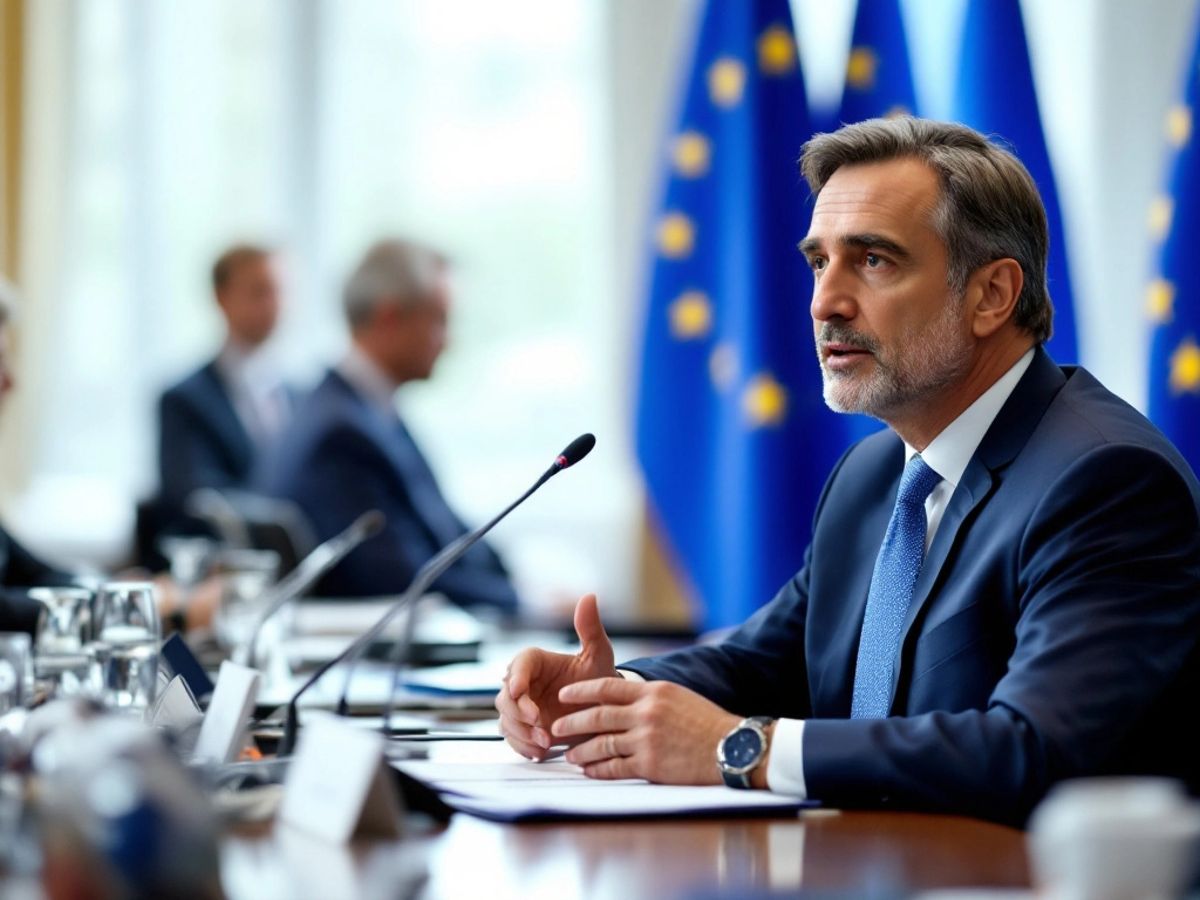Prime Minister Kyriakos Mitsotakis addressed the pressing migration issue during the recent European Council meeting held in Brussels. He underscored Greece’s long-standing commitment to strict border protection and the necessity for collaborative efforts with third countries, particularly Turkey, to manage migration effectively.
Key Takeaways
- Greece emphasizes strict border protection as a national priority.
- Cooperation with third countries, especially Turkey, is crucial.
- The EU must address the obligation to accept returns of non-asylum seekers.
Greece’s Stance on Migration
During his address, Mitsotakis articulated Greece’s position on migration, highlighting the challenges faced by the country due to its geographical location. As a frontline state in the EU, Greece has been significantly impacted by the influx of migrants and refugees, making border protection a critical issue.
Mitsotakis stated, "Greece has always advocated for strict border protection," reinforcing the idea that effective management of migration is essential for both national security and humanitarian responsibilities.
Importance of Cooperation
Mitsotakis pointed out that collaboration with third countries is vital in addressing the migration crisis. He specifically mentioned Turkey, which has been a focal point in discussions about migration flows into Europe. The Prime Minister emphasized that a cooperative approach is necessary to ensure that those who do not qualify for asylum are returned to their countries of origin.
The EU’s Next Challenge
The Prime Minister also highlighted the next significant challenge for the European Union: the obligation to accept the returns of individuals who do not meet the criteria for asylum. This issue has been a contentious topic within the EU, with varying opinions on how to handle non-asylum seekers effectively.
Mitsotakis’s remarks come at a time when the EU is grappling with increasing migration pressures and the need for a unified response. He called for a comprehensive strategy that not only addresses border security but also considers the humanitarian aspects of migration.
Conclusion
As Greece continues to advocate for strict border protection, the Prime Minister’s statements at the European Council meeting reflect a broader concern within the EU regarding migration management. The emphasis on cooperation with third countries and the need for a unified approach to returns highlights the complexities of the migration issue that European leaders must navigate in the coming months.






